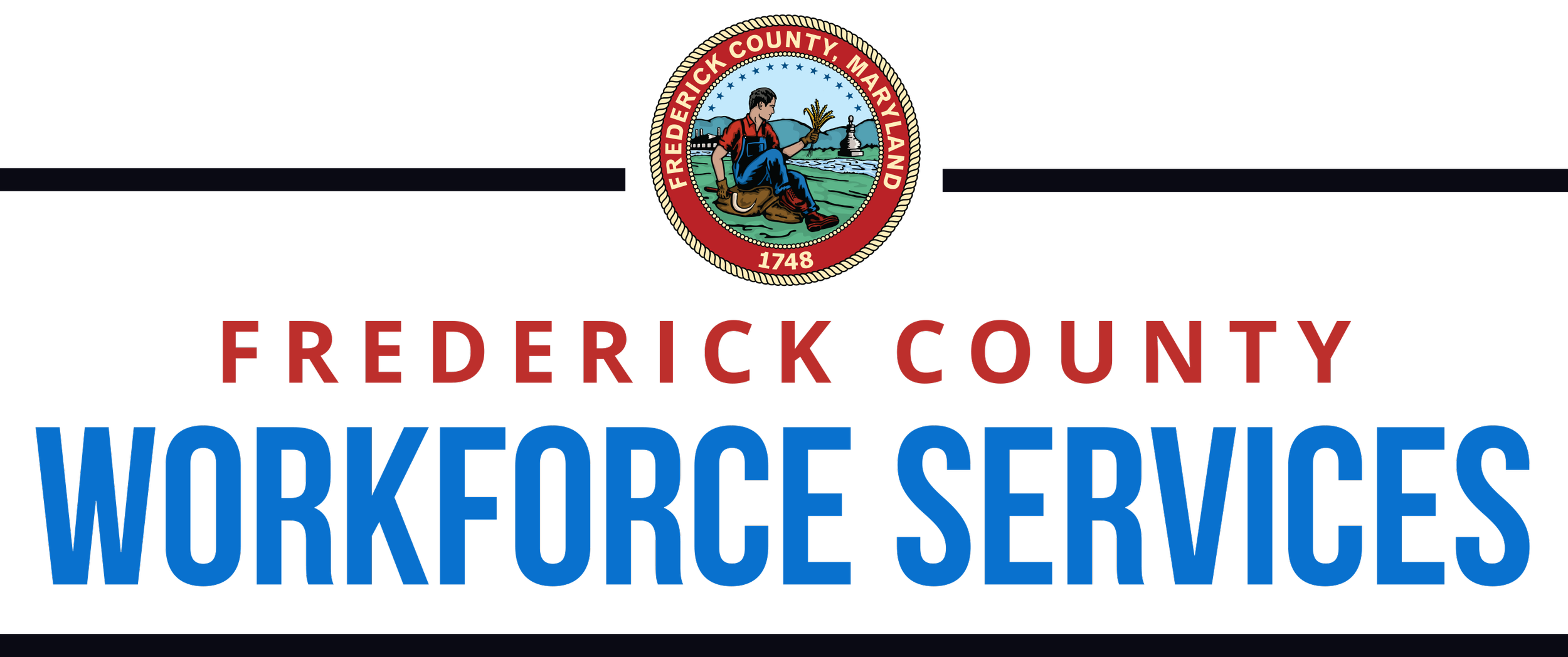Industry Spotlight: Professional/Technical
By Nada Steighner, NCC, CDF
Decades ago, if you were to ask teenagers what they wanted to be when they grew up, most would have said teachers, doctors, business professionals, or lawyers - as those were the most notable at the time with steady employment. Now, if you ask this same demographic what they want to be when they grow up, the answers may or may not surprise you. The most popular careers today include software developers, programmers, social media influencers, web and game designers, and computer technicians. That's a huge shift within the last 20 years, but if you think about it, the information technology age truly became a permanent fixture in the early 2000s and has transformed the industries and careers of yesterday. Despite sounding like different career paths, some of these occupations fall under the professional and technical sector, which have been and continue to be very much in demand.
Professional and Technical Industries are a Career Staple
Have you ever needed computer assistance when something crashed or was not working properly? Have you ever consulted with someone regarding the terms and agreements of a contract because you didn't understand the language? Maybe you're an employer trying to figure out why your company’s productivity is down and need an outside person to provide some perspective? These circumstances require specialized services provided by the professional and technical industry, which includes information technology (IT), engineering, business, legal and financial services that cater to businesses and individuals.
Decades of sustainable wages, employment, and growth
If you can believe it, in 2001 the Bureau of Labor Statistics (BLS) reported the highest-paying occupations for that year were management and legal occupations which include: management, legal, computer and mathematical, architecture and engineering, and business and financial operations. Additionally, BLS projected computer and data processing services would be the fastest growing industry for wage and salary employment for the next 10 years. The current labor market information supports and projects that these industries will continue to grow, have more openings, and have higher pay for the next 10 years.
Professional and Technical Career Snapshots
Individuals who are interested in IT don't necessarily have to attend a post-secondary degree program right away and have the option to choose a more affordable training program than other industries. If you are able to learn and understand the basics of user support or network administration, in addition to, earning an A+ or Network + certification, you may be on your way to a sustainable wage and career as the average hourly salary is between $15-$18/ hour.
If you are interested in earning more than $40,000 a year, you will need to expand your skillset by getting a degree and/or pass more credentialing exams while gaining more on-the-job experience. To be successful in this field, you’ll also need to possess certain soft skills such as time management, flexibility, computer literacy, analytical, and customer service skills. To sum it up, the IT career pathway is probably the best return on investment if you have the soft and hard skills needed to be successful in this industry.
If you are interested in business, legal, or financial services, most positions will require an Associate’s degree with experience or a Bachelor’s degree to get started. Because there are several different occupations that make up the professional industry, wages will differ significantly. Additionally, the soft skills required for these career pathways include math, strong reading, writing, and comprehension skills, critical thinking abilities, interpersonal skills, computer literacy abilities, organizational skills, multi-tasking, and research and analytical skills. Below is a snapshot of a Legal Professional Career Pathway.
Making Your Next Move
If you are interested in the professional and technical field, take time to do some career exploration, as there are various job roles and tracks you can embark on. Check out Career Onestop to explore an extensive video library of various industries and/or job roles. Another way to proceed is to join professional organizations and attend networking events locally and nationally (see below).
Once you determine which pathway is right for you, you can start by looking at the training needed for that career track. If you are a resident of Frederick County check out SkillUp Frederick or join other virtual e-learning platforms like Udemy, Coursera, and LinkedIn. For certificate and degree programs, check out Frederick Community College, Hood College, and Mount Saint Mary’s.
IT Resources
http://www.discoverfrederickmd.com/tech
https://jobstars.com/it-professional-associations-organizations/
Financial Services Organizations
https://jobstars.com/finance-professional-associations-organizations/
https://jobstars.com/accounting-professional-associations-organizations/
Business Professional Groups
https://open.maryland.gov/business-resources/networking-support/
https://businessexpress.maryland.gov/grow/networking-and-support
https://bpa.org/get-involved/join/
Professional Legal Organizations
https://jobstars.com/legal-professional-associations-organizations/
References
The Bureau of Labor Statistics (2001):
https://www.bls.gov/opub/ted/2002/nov/wk1/art04.htm?view_full
Career Onestop Career Video Library
https://www.careeronestop.org/Videos/CareerVideos/career-videos.aspx




